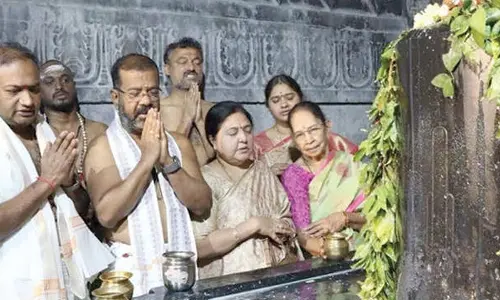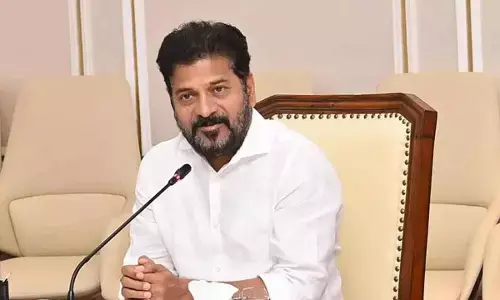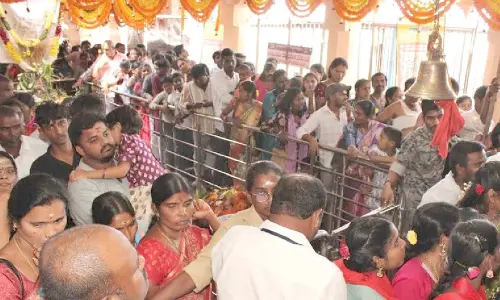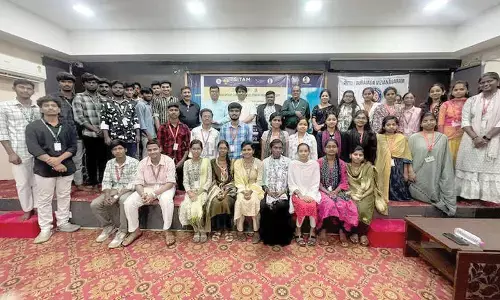The changing face of health care in Arunachal
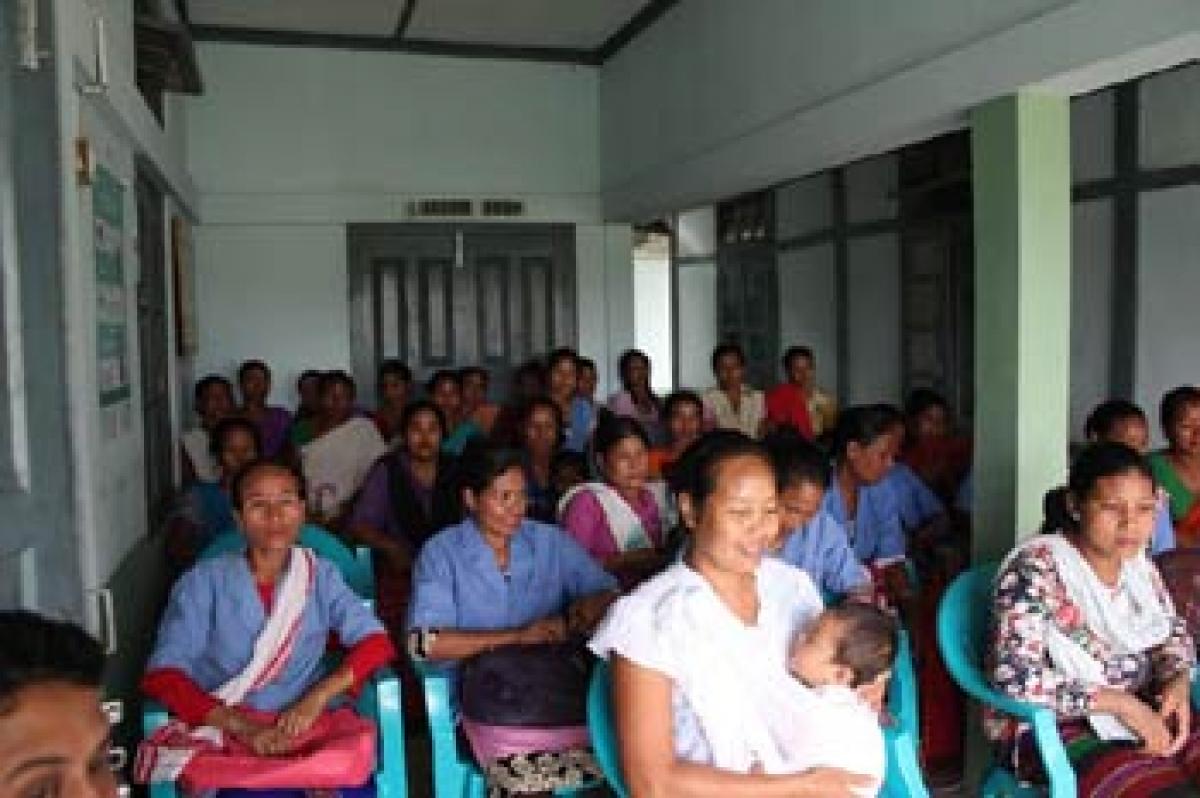
Until a couple of years ago pregnancy was unavoidable for women in this tiny village of Arunachal Pradesh.
Until a couple of years ago pregnancy was unavoidable for women in this tiny village of Arunachal Pradesh. Unavailability of contraceptives in the defunct Public Health Centres not only led to unwanted pregnancies but also lack of spacing and maternal morbidity, finally resulting in unhealthy children, with bleak chance of survival.
Thirty year-old Christina Perme (name changed) never wanted to have four children, keeping in mind her family's economic status. But she ended up becoming pregnant four times in the first six years of her marriage as neither she nor her husband could avail of any type of contraceptives, for which they still have to travel miles through hilly terrain, without the surety of returning the same day in case a downpour damages the muddy roads passing through deep forests.
Such a situation prevailed some six-seven years ago, but now the tribal women in this village either undergo tubectomy or use any other type of contraceptives to block their chances of pregnancy. This was made possible after the government decided to hand over the public health centres to NGOs under the Public Private Partnership (PPP), which proved to be a boon for the state, which has one of the highest Total Fertility Rate in the country with a population of mere 1.4 million.
Karuna Trust, an NGO, has been tasked to manage 11 PHCs by the Arunachal Pradesh Government, all in remote areas which takes days to reach from the state capital. Under then PPP model, Karuna Trust is given Rs.30 lakh annually by the government to manage each PHC in Arunachal Pradesh. The PHCs now have IT-based essential supply chain management system for drugs and vaccines, reproductive and child health programmes for tribals, and delivery of generic drugs along with dental care facilities.
In the initial years Karuna Trust also received funds from Population Foundation of India to strengthen its medical care facilities in the PHCs.
"There is no doubt that Karuna Trust is doing a marvellous job. In fact by witnessing the work of the NGO and the satisfaction of the people in the remote areas, I want to give the work of more PHCs to Karuna Trust, so that we can ensure our people in the remote areas do not die due to lack of medical care," according to P N Thungan, Mission Director National Health Mission.
Unlike earlier, now Karuna Trust posts medical staff in PHCs as per the Indian Public Health Standards (IPHS). The staff of the PHC and sub-centres reside 24X7 inside the respective campus. "There is a drastic change in the medical services provided by the PHCs after they have been given to the NGOs to manage.
It was difficult to manage the PHCs in the remote areas with limited manpower and the difficult terrain of Arunachal; so in such a situation handing over work to NGOs was the best we could do," Raja Dodum, nodal officer for National Urban Health Mission, said. "Community members seek services for cardiac surgery, orthopaedics etc, which is impossible. There are districts which are affected by militant activities and lack of physical security for the staff is a major challenge," said Annop Sarmah, coordinator of Karuna Trust NE.
By Rupesh Dutta


